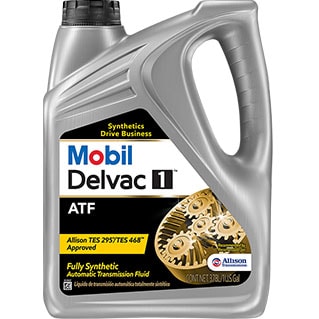- Joined
- Nov 28, 2021
- Messages
- 135
Definitely don’t use universal ATF in place of CVT fluid
Too late. I already did. The jug said it was OK, and so far nothing bad has happened.
If the jug lists that it's compatible, is it really an issue?
If it causes a failure I'll just sue Valvoline. Maybe even turn it into a class action. I'm guessing it won't come to that, but at least I have a backup plan.

